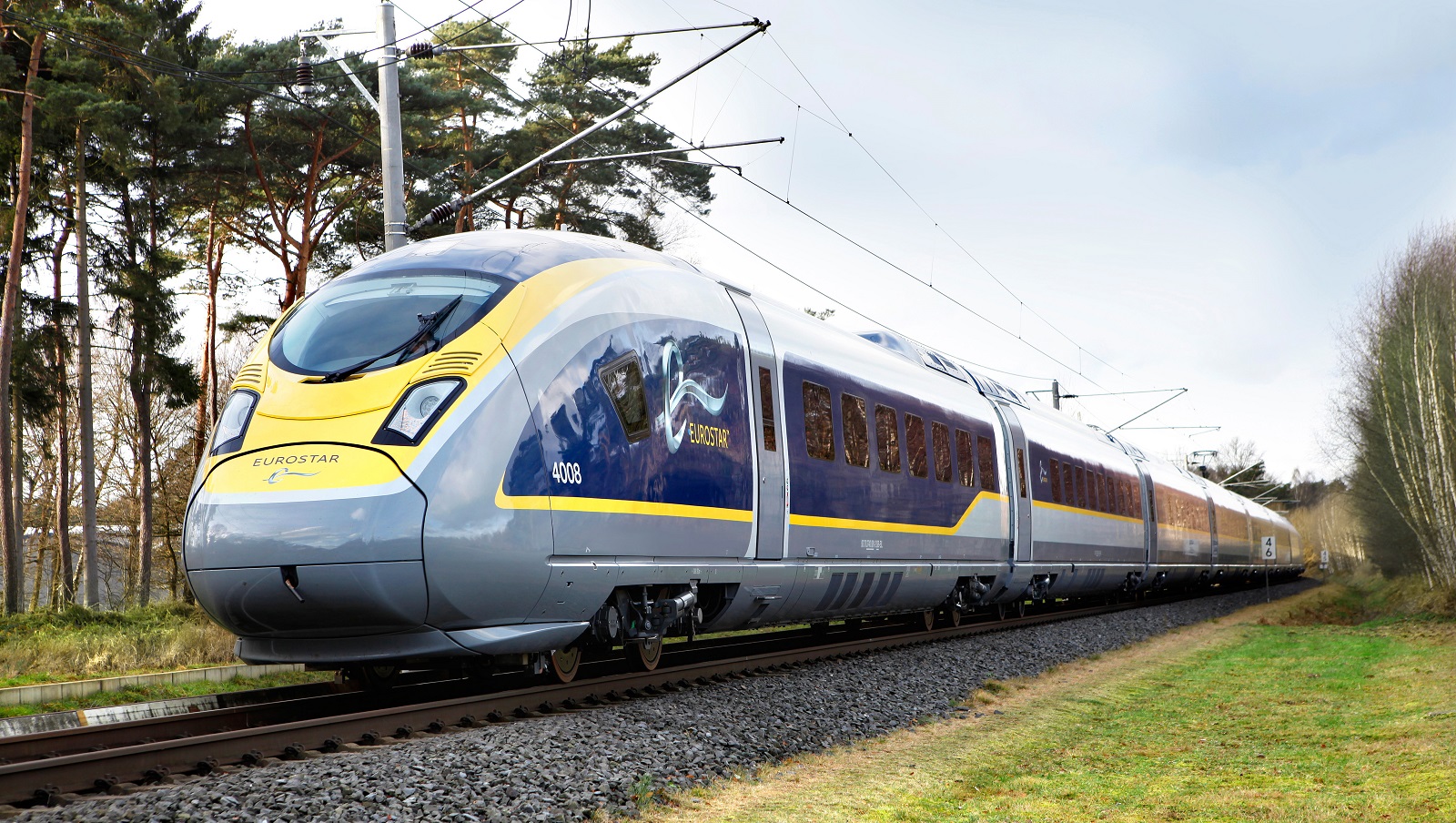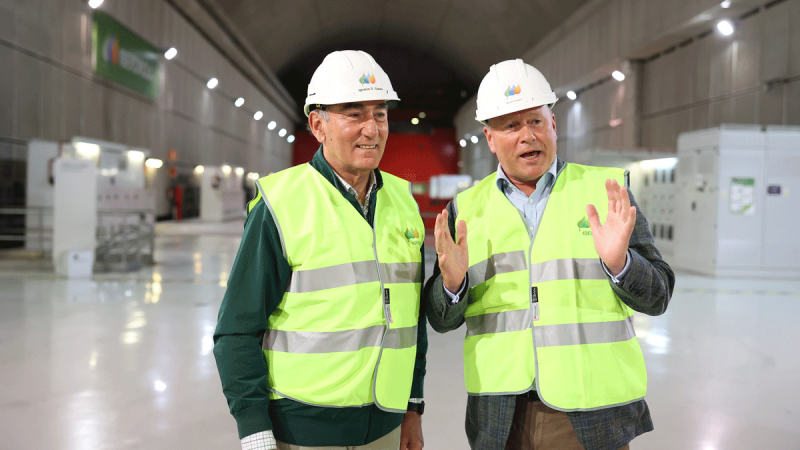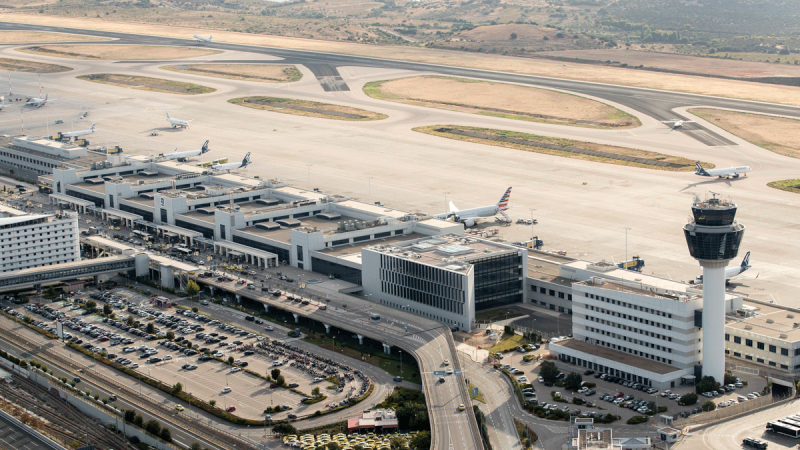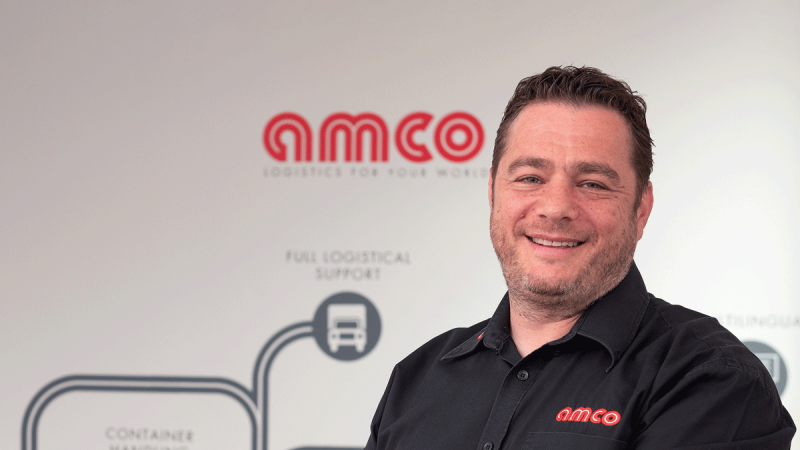With around 5,000 employees working in rail and wider transport-related jobs, Siemens Mobility has been one of the largest employers in the UK rail industry and a leader for seamless, sustainable, reliable, and secure transport solutions for more than 160 years.
With three UK manufacturing facilities, over 30 sites across the country, the company designs, delivers and maintains line trains as well as digital signalling, information, and electrification systems on many rail routes within the UK.
Comprehensive offering
“Siemens Mobility is a major player in the UK, with a top line of roughly £2 billion,” says Sambit Banerjee, Managing Director for Rolling Stock and Customer Services at Siemens Mobility Limited. “We are perhaps the only company in the UK to cover what we call the wall-to-wall of the mobility spectrum in UK, from rail infrastructure to rolling stock and customer services.”
The latter two, i.e., the manufacturing of trains and their maintenance, are the areas of Mr Banerjee’s responsibility. “The Siemens Mobility portfolio of trains is wide, and includes, for example, digital main line trains for Thameslink, the brand-new tube trains for London’s Piccadilly line as well as the Eurostar high-speed trains. We currently have some 570 trains in service, running for various operators in England as well as in Scotland.”
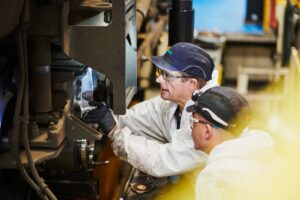 Mr Banerjee, who joined Siemens in 1992 and has worked in the company’s various departments across a range of countries and continents, has participated in the company’s development in the UK in different roles since 2006, becoming the Managing Director for Rolling Stock and Customer Services in 2019.
Mr Banerjee, who joined Siemens in 1992 and has worked in the company’s various departments across a range of countries and continents, has participated in the company’s development in the UK in different roles since 2006, becoming the Managing Director for Rolling Stock and Customer Services in 2019.
He reflects that Siemens Mobility offers several distinctive advantages compared to its competitors. “We are encouraged to think beyond boundaries and innovation has been one of the key drivers of Siemens Mobility’s development. We have the capability to innovate with the changing times, so we can provide innovative solutions to our customer across the whole value chain.”
“Our approach to sustainability also differentiates us from others. We are committed to a sustainable future, focusing on greener, better, more resource-efficient products and operations. To this end, we implemented a number of measures to reduce the carbon footprint of our depots, and in 2016 we stopped producing diesel trains.”
The new rail village
Over the past five years alone, Siemens Mobility has invested hundreds of millions of pounds in facilities, employees, and technology in the UK. One investment clearly stands out – the Siemens Mobility rail village in Goole, East Yorkshire, which will complement and expand the company’s existing operations.
“Our state-of-the-art rail village will enable us to drive forward a smarter, greener and more digital rail network,” remarked Sambit Banerjee, explaining that the space to accommodate a large facility and, crucially, ready access to the skilled workforce needed to build and operate the factory were the two decisive reasons for choosing Goole in East Yorkshire as the site for a new rail factory.
“We worked very closely with the Department for Transport to identify the right location, and searched for a site that would enable us to grow, but also, importantly, help to develop local communities. East Yorkshire was ideal, both in terms of accessibility of rail links as well as the potential for boosting its economic development.”
With an investment potential of up to £200 million, Siemens’s new facility could create as many as 700 skilled jobs in engineering and manufacturing – as well as employing an additional 250 people during the construction phase. What is more, an estimated 1,700 indirect jobs can be expected throughout the UK supply chain.
“Getting all the human resources we need is a journey of course, but we have received very positive feedback from the community. We have been working with universities and local councils to see how we can bring talent in. Our apprenticeship schemes are open, and our first apprentices are already working on site.”
Local content
The company has been progressing in line with the plan, and in April 2023 officially opened its new £7 million Component Facility, located at the heart of the rail village. The facility will maintain gearboxes, traction motors and other parts for train and tram fleets across the UK.
“The main factory, where new trains for the Piccadilly Line will be manufactured, is now being fitted out with tools. This should be completed later this year. Testing will follow, and from January or February onwards, we should start receiving parts and go into production mode,” affirms Mr Banerjee, confident that the company’s strong, competent team will handle the challenge of the tight timescales.
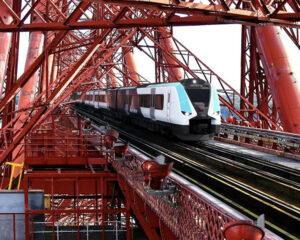 He notes that the focus on local is strong and the company has managed to increase the local content by inviting more local suppliers. “Our ultimate goal is more local value added and value content coming from the UK. However, our suppliers must be globally competitive. Siemens Mobility is a global company, we make trains in many parts of the world, and our suppliers would be expected to deliver not only within the UK, but on a global basis.”
He notes that the focus on local is strong and the company has managed to increase the local content by inviting more local suppliers. “Our ultimate goal is more local value added and value content coming from the UK. However, our suppliers must be globally competitive. Siemens Mobility is a global company, we make trains in many parts of the world, and our suppliers would be expected to deliver not only within the UK, but on a global basis.”
The manufacturing facility is complemented by a rail industry innovation centre, to be known as the Rail Accelerator and Innovation Solutions Hub for Enterprise (RaisE), a project supported by a network of partners from the UK rail industry and higher education, with a key focus on providing research and development support.
Green way forward
In line with the company’s sustainability agenda, the Goole facility has been designed as carbon-neutral from day one. “The factory will be powered by solar energy and every aspect of carbon neutrality has been carefully considered. We have planted four times more trees than we have taken down to build this factory and contributed significantly to the local wildlife trust to grow, maintain, and prosper the ecosystem around the factory,” says Mr Banerjee.
Speaking about general development within the mobility sector, he reflects that within the next 10 years, rail will be about battery bi-mode and hydrogen bi-mode trains. The company has already won contracts in Germany and Denmark to supply these green fuel units and the trend in the UK is expected to catch up soon.
In the meantime, Siemens Mobility will focus on further cementing its position in the UK. “We will further develop our reputation as a responsible manufacturer and a solution provider to the UK industry. We will work with the government as well as with our customers to find the right solutions to the industry’s current and future needs. With our great and talented employees, I believe that the future of Siemens Mobility in UK is extremely bright,” concludes Mr Banerjee.
